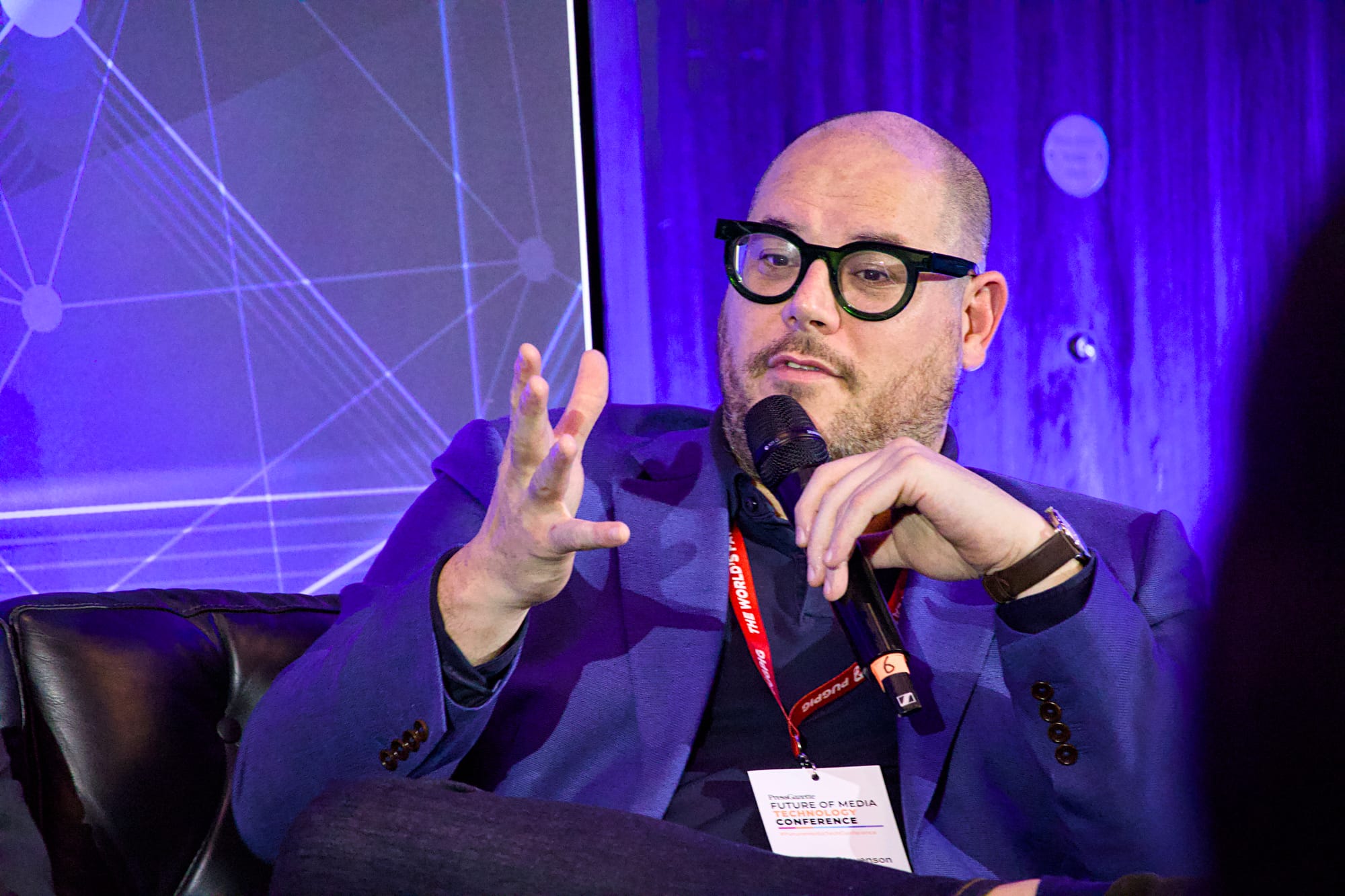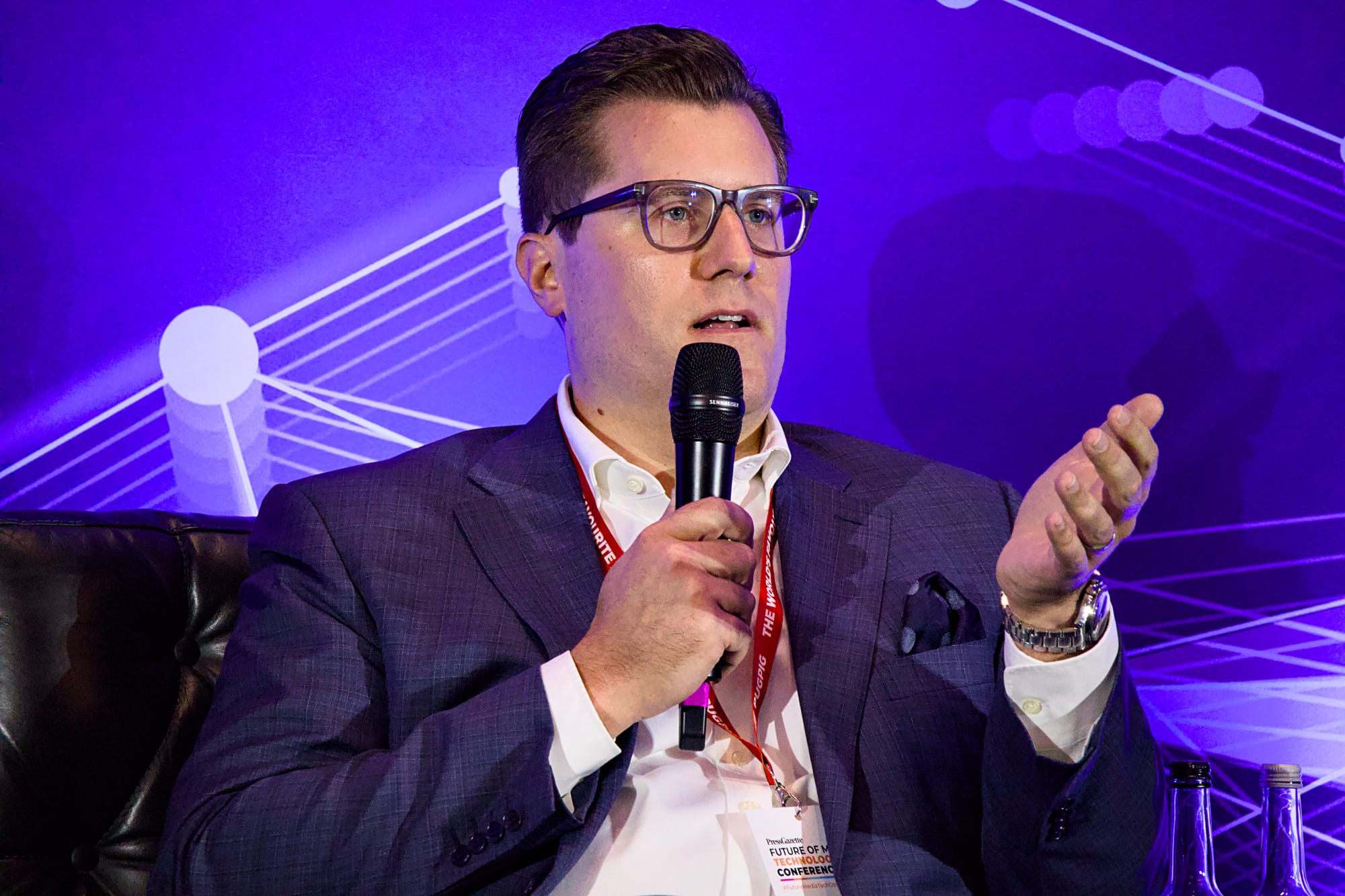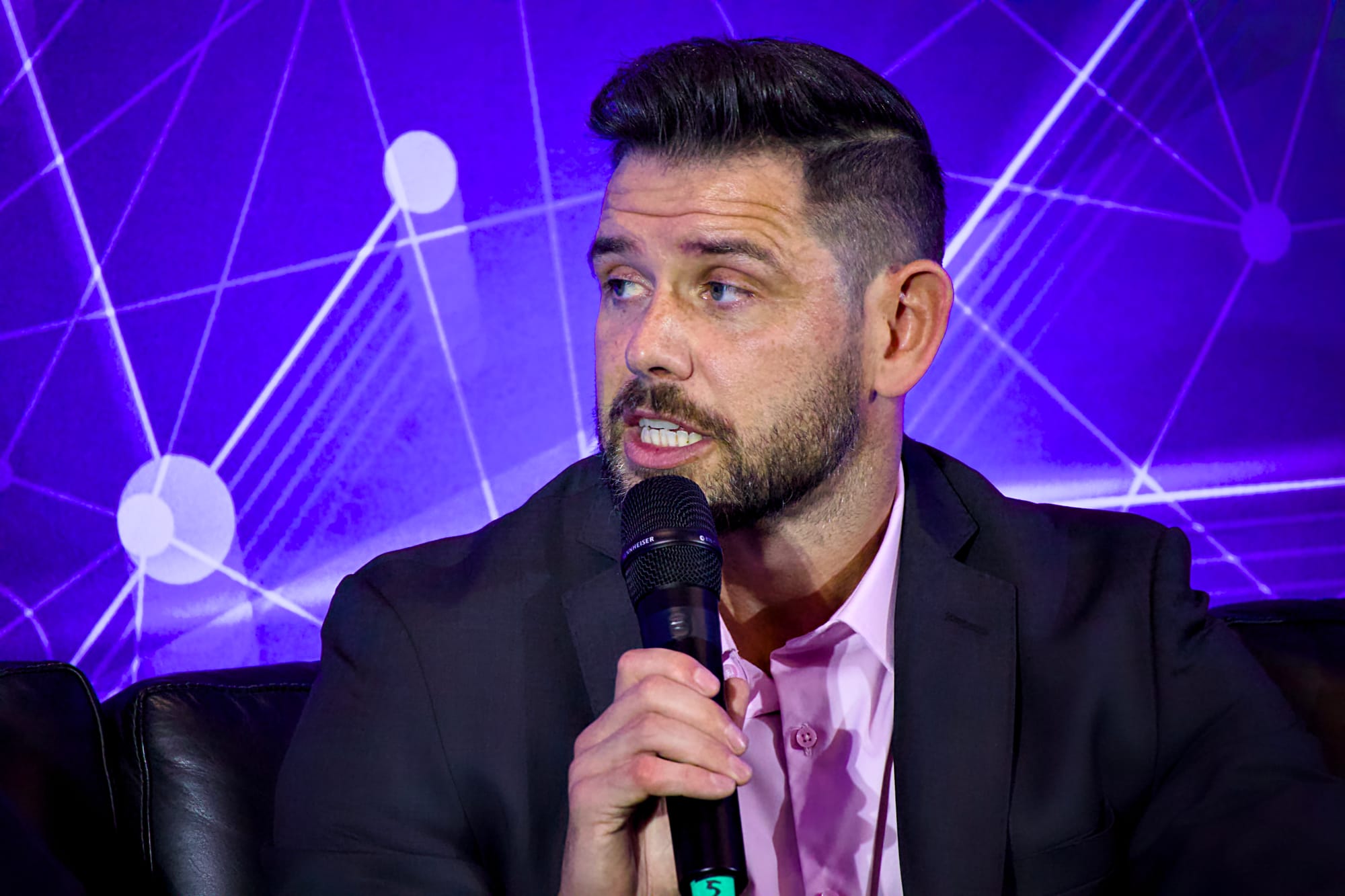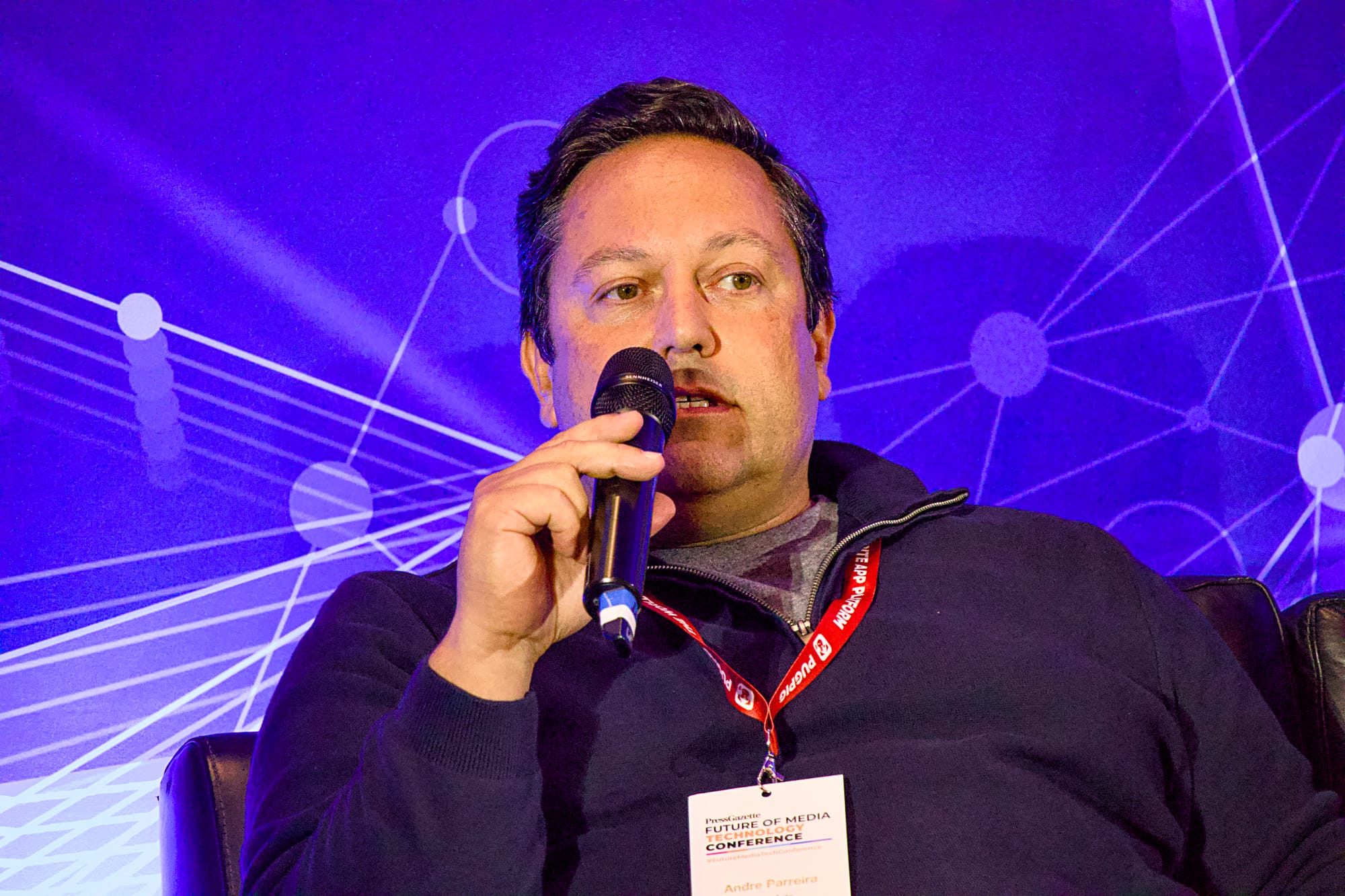Solutions to a broken ad model
The ad world is in flux. Google is killing cookies, and then it isn't. What can publishers do to survive?

The last panel discussion at the Future of Media Technology conference explores solutions to the advert problem — and reactions to Google’s U-turn on killing off cookies.
The Panel
- Dominic Ponsford, Editor-in-Chief, Press Gazette (moderator)
- Gareth Cross, Digital Solutions, The Telegraph
- André Parreira, Co-founder & Chief Executive Officer, InsurAds
- Morgan Stevenson, Digital Transformation Director, Newsquest
- Kyle Vinansky, SVP Global Sales, Forbes

Newsquest is taking what they’ve learned from their websites about promotion and marketing, and using that to resell marketing services to customers. They become, in effect, outsourced marketing for local businesses.
Gareth from The Telegraph explained that they went through a real shift away from advertising pre-COVID. When you place the reader at the heart of the business, things change. Despite their shift towards membership, their digital ad revenue is up. Direct sold is up. Building that without disrupting the subscription model is key. They have enough first part data now to not have to rely on their party data to sell ads.
InsurAds is an ad tech company. So it’s a surprise to hear their CMO say that the ad model is broken — but they’re working on the next thing. But perhaps not as much of a surprise as it looks at first glance — they’re working in a different way. Their ad model is about attention tracking.

Forbes is finding the challenging political landscape a, well, challenge. Some advertisers are stepping back because they don’t really want to be involved ion some of those discussions. They have a mixed model — some content is free, some is paywalled, and they have other streams like events.
They are trying to create a rang of offers that allows their customers to move up and down the value chain. They reach out to customers who are spending a lot programatically and try to move to a direct sell. But equally, they want to give direct sell relationship an option to shift down the chain for a while if they need to.
A cookie death, averted
How did the panel feel about Google walking back from killing cookies?
Morgan used the word “bastards” because they’d spent a lot of time preparing for cookie death. But it was valuable work. At least Google is setting out to engineer something to help replace cookies — unlike Safari or Mozilla, who just don’t seem to care. Part of hime would like to see cookies leaving — but we need to be sure of the consent part before that can really happen.

Gareth didn’t find it a huge surprise, but it hasn’t really impacted their day-to-day strategy. They were always doubling down on first party data. It was a difficult change, and there are still some unknowns ahead about how we manage consent with the user.

André wasn’t really impacted. They’re monitoring audiences in realtime, so they were able to watch the show, popcorn in hand, without much impact., But they do follow the topic.
Kyle’s team groaned when they heard the news. But the idea of the now-aborted cookie-less future put pressure on them to pay attention to proper first part data. And that remains their strategy — but they still use third-party data providers, too. Those providers probably breathed a sigh of relief, as that relationship might have been under threat. The net result is that Forbes now knows more about their readers than they ever have.
And that’s a good thing.
Other tidbits
- If an ad format isn’t working, they remove them at The Telegraph. In the past, they might have just left it, and ended up with an overly cluttered environment.
- Newsquest now has a subscription model for advertising — monthly fee, three months cancellation, Around 16% of their revenue is now coming from that sort of model.





